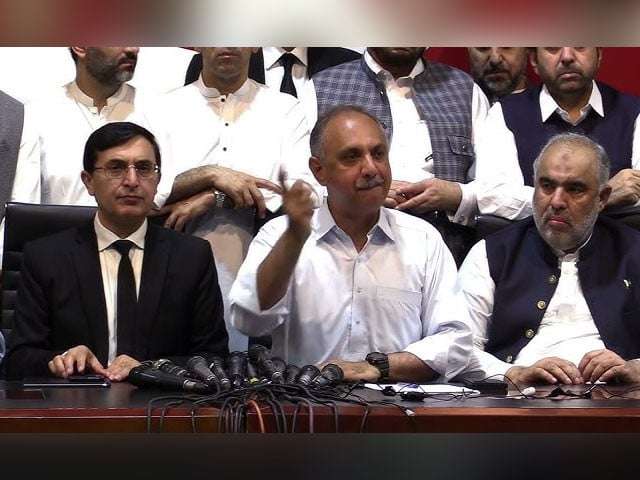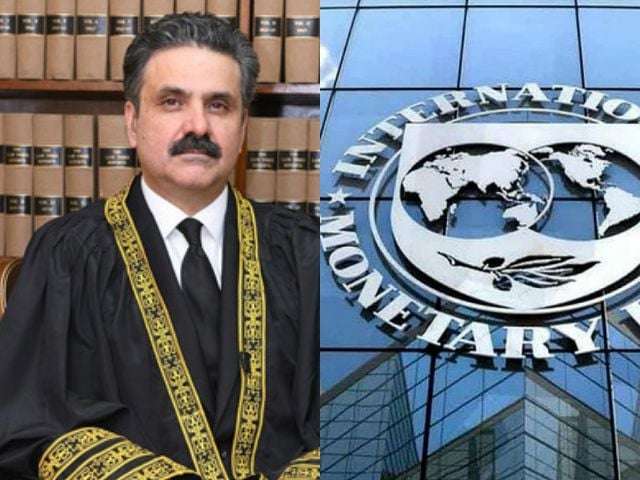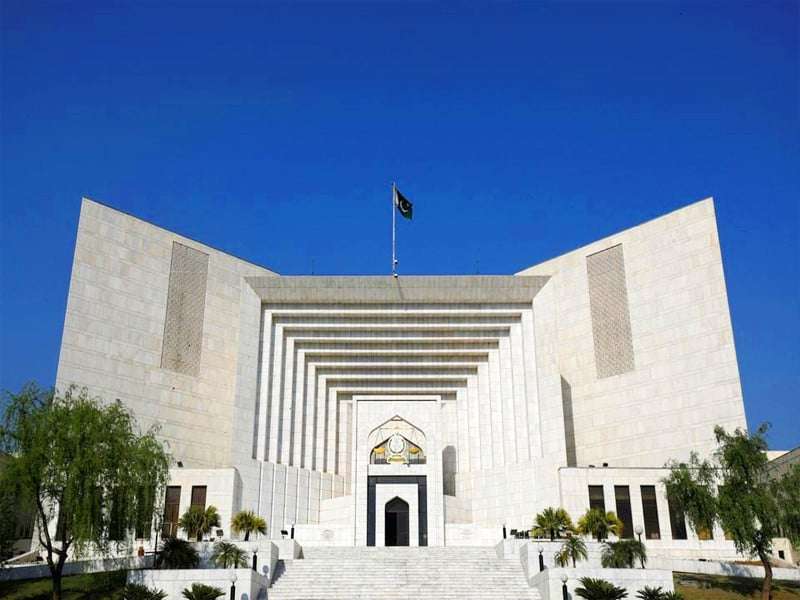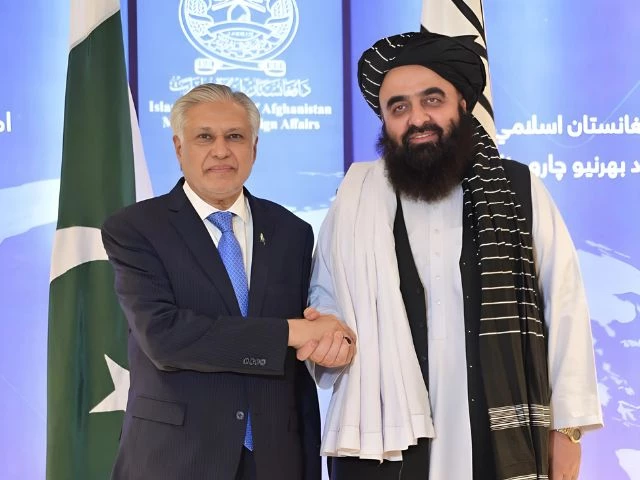PTI’s Decision to Participate in the National Security Meeting
Pakistan Tehreek-e-Insaf (PTI) has officially decided to take part in the upcoming Parliamentary National Security Committee (PNSC) meeting, a move seen as significant in the current political climate. The decision was confirmed through an internal party discussion where senior members debated the benefits and implications of attending the session.
Why PTI’s Attendance Matters
The presence of PTI members in the PNSC meeting is crucial for several reasons:
- National Security and Stability: The meeting, chaired by Prime Minister Shehbaz Sharif, aims to discuss Pakistan’s security situation with top military officials providing briefings.
- PTI’s Political Strategy: As the primary opposition party, PTI’s participation marks a shift in its approach towards engaging with the government on crucial issues.
- Parliamentary Representation: Despite facing political and legal challenges, PTI remains a key stakeholder in national matters and aims to voice its stance on security concerns.
List of PTI Representatives Attending the Meeting
PTI has submitted a list of 14 members to National Assembly Speaker Ayaz Sadiq, signaling its commitment to active participation. The prominent names on the list include:
- Barrister Gohar Ali Khan (PTI Chairman)
- Asad Qaiser (Former Speaker of National Assembly)
- Zartaj Gul (Senior PTI Leader)
- Sahibzada Hamid Raza
- Amer Dogar
- Sanaullah Masti Khel
- Ali Muhammad Khan
- Senator Ali Zafar
- Senator Humayun Muhammad
- Senator Awan Abbas
Key Issues to Be Discussed in the Meeting
1. Pakistan’s Internal Security Challenges
- Rising incidents of terrorism and internal conflicts
- Law enforcement strategies for combating extremism
2. Border Security and Regional Stability
- Ongoing tensions with neighboring countries
- Counter-terrorism operations along Pakistan’s borders
3. Political Stability and Governance
- Role of political consensus in addressing national security
- The impact of governance on economic and security matters
4. Economic Implications of National Security Policies
- Defense budget allocations and their impact on the economy
- Foreign relations and trade agreements influencing security policies
5. Civil-Military Relations in Pakistan
- Strengthening coordination between civilian leadership and military institutions
- The role of democratic governance in security policy formulation
The Role of Prime Minister Shehbaz Sharif in the Meeting
Prime Minister Shehbaz Sharif has called for an in-camera session of the Parliamentary National Security Committee. The session will provide an opportunity for political leaders to be briefed by top military officials regarding the country’s current security situation.
The meeting will be held at the National Assembly Hall, with representatives from all major political parties and relevant cabinet members expected to be in attendance.
Political Repercussions of PTI’s Decision
PTI’s decision to participate in this meeting is being viewed as a shift in its political strategy. The party has previously boycotted several parliamentary sessions but now appears to be taking a more engaged approach in policymaking. This move could indicate:
- A willingness to re-enter mainstream parliamentary politics
- An attempt to reshape its image as a constructive opposition force
- A strategic move to gain public confidence ahead of the next elections
Potential Benefits for PTI
By attending the meeting, PTI can achieve several strategic goals:
- Influence Policy Decisions: PTI leaders can contribute to shaping national security policies.
- Improve Party Image: Demonstrating political maturity and commitment to national issues.
- Rebuild Relations with Key Institutions: Addressing past confrontations with the military establishment.
Challenges PTI Might Face
- Internal Party Divisions: Some PTI members remain skeptical about cooperating with the government.
- Public Perception: Supporters may see this as a compromise on PTI’s anti-government stance.
- Legal Issues: Ongoing legal cases against PTI leaders could impact their parliamentary participation.
What’s Next? Future Political Implications
PTI’s involvement in the Parliamentary National Security Committee meeting could set the tone for future political engagements. Depending on the outcome, it may:
- Lead to greater opposition-government collaboration on security and policy matters.
- Impact upcoming legislative decisions that require consensus between parties.
- Influence public opinion about PTI’s role in national security.
FAQs About PTI’s Participation in the National Security Meeting
1. Why is PTI attending the National Security Committee meeting?
PTI has decided to attend the meeting to engage in discussions about national security issues, marking a shift from its previous stance of boycotting government-led initiatives.
2. Who will represent PTI in the meeting?
A total of 14 PTI members, including Barrister Gohar, Asad Qaiser, Zartaj Gul, and Senator Ali Zafar, will represent the party in the meeting.
3. What topics will be discussed in the meeting?
Key issues include internal security, border stability, political governance, economic implications of security policies, and civil-military relations.
4. What are the political implications of PTI’s participation?
PTI’s involvement could signal a move toward mainstream parliamentary engagement and improve its public image, but it may also face internal resistance from its members.
5. How will this meeting impact Pakistan’s national security policies?
The discussions in the meeting will help shape security policies and influence decision-making at the highest level, involving both the government and opposition.



